#ad [recommended product]
Introduction
From exotic potions to high-tech treatments, humanity has always been fascinated with turning back the biological clock. But what if one of the most promising keys to healthy aging wasn’t hidden in a secret lab, but in everyday foods like apples, onions, and berries? Enter quercetin, a natural plant pigment that’s making an impact in the world of longevity science. This powerful flavonoid is more than just a colorful compound; it’s a buzzworthy contender in the conversation about quercetin for anti-aging, and for good reason. But does it live up to the hype? Let’s find out what the science says.
The Effectiveness of Quercetin in Anti-Aging
When we talk about something being “effective” for anti-aging, we’re really asking: does it make a tangible difference in how we age on a cellular level? For quercetin, the evidence is pretty compelling. It doesn’t just put a bandage on the problem; it gets to the root of age-related decline.
Mechanism of Action: How Does It Work?
So, what does quercetin do? It tackles aging from a few different angles, but its two most celebrated powers are its roles as an antioxidant and a senolytic.
- A Potent Antioxidant: Think of your body as a new car. Over time, exposure to the elements (in this case, pollution, UV rays, and even your own metabolism) causes rust. This “rust” in our bodies is called oxidative stress, caused by unstable molecules known as free radicals. Quercetin is a top-notch antioxidant, meaning it neutralizes these pesky free radicals before they can damage your cells, proteins, and DNA—essentially preventing the cellular rust that accelerates aging.
- A Groundbreaking Senolytic: This is where things get really exciting. As we age, some of our cells become “senescent.” You can think of them as zombie cells—they’re not dead, but they’re not functioning properly either. Worse yet, they hang around spewing out inflammatory signals that damage healthy neighboring cells. Quercetin has been identified as a powerful senolytic, which means it helps the body clear out these zombie cells. By selectively taking out the trash, quercetin can reduce inflammation and allow healthier cells to flourish, which is a game-changer for promoting a longer healthspan.
Clinical Research Results
While a lot of the initial buzz came from animal studies, human research is catching up and showing some seriously promising results.
- Skin Health: Studies have shown that quercetin can protect the skin from UVB-induced damage, helping to prevent wrinkles and maintain skin elasticity. It essentially puts up a shield against one of the biggest culprits of premature skin aging.
- Brain Function: Research suggests quercetin’s anti-inflammatory properties may help protect brain cells from oxidative stress, potentially supporting cognitive function as we age.
- Cardiovascular Support: By reducing inflammation and oxidative stress, quercetin has been shown to support heart health, improve circulation, and help maintain healthy blood pressure levels.
It’s important to note that while these results are promising, more large-scale human trials are needed to hammer out the specifics. But the current body of evidence is pointing in a very positive direction.
Dosing: How Much is Enough?
Finding the right dose is key. Most clinical studies exploring the benefits of quercetin for anti-aging use dosages that are much higher than what you could get from food alone.
- Typical Supplement Dose: Generally, supplements range from 500 mg to 1,000 mg per day.
- Bioavailability Matters: Quercetin on its own isn’t absorbed very well. That’s why you’ll often see it paired with other compounds like bromelain (an enzyme from pineapple) or a lipid-based delivery system (phytosome) to boost its bioavailability. Without this boost, you might as well be pouring water through a sieve.
As always, it’s a good idea to start with a lower dose and consult with a healthcare professional before adding any new supplement to your routine.
Comparable Efficacy to Other Treatments
How does quercetin stack up against other anti-aging all-stars like resveratrol or metformin?
- Resveratrol: Often found in grapes and red wine, resveratrol is another powerful antioxidant. While both are effective, they work through slightly different pathways. Some people even “stack” them together to get a broader spectrum of benefits.
- Metformin: This is a prescription drug for diabetes that has gained off-label popularity for its potential anti-aging effects. Quercetin offers a natural, over-the-counter alternative that works more directly as a senolytic, an area where it truly shines.
Ultimately, quercetin holds its own in a crowded field, particularly because of its potent senolytic capabilities.
The Safety Profile of Quercetin
Even the most effective supplement is no good if it’s not safe. Fortunately, quercetin is generally well-tolerated, but there are a few things to keep in the back of your mind.
Adverse Effects
For most people, taking quercetin supplements is not an issue at all. When taken orally in appropriate amounts, side effects are rare and usually mild.
- Potential Side Effects: At very high doses (typically over 1,000 mg per day), some people might experience headaches or tingling in their arms and legs.
- Kidney Concerns: Extremely high doses have been linked to potential kidney damage, which is why sticking to recommended amounts is crucial.
Drug Interactions
This is where you need to pay close attention. Quercetin can interact with certain medications because of how it’s metabolized by the body.
- Blood Thinners: Quercetin might have a mild blood-thinning effect, so if you’re taking medications like warfarin, it could increase the risk of bleeding.
- Antibiotics: It may interfere with some types of antibiotics, specifically quinolone antibiotics.
- Other Medications: It can also interact with cyclosporine, medications broken down by the liver, and blood pressure drugs. It’s a bit of a social butterfly in that regard, so a chat with your doctor or pharmacist is a must if you’re on any prescription meds.
Precautions
Quercetin is safe for most, but not for everyone.
- Pregnancy and Breastfeeding: There isn’t enough reliable information to know if quercetin is safe to use when pregnant or breastfeeding, so it’s best to err on the side of caution and avoid it.
- Kidney Conditions: If you have a pre-existing kidney condition, you should avoid taking quercetin supplements.
Frequently Asked Questions (FAQs)
1. Can I get enough quercetin from food alone? While eating a diet rich in fruits and vegetables is fantastic for your health, you’d have to eat a massive amount to reach the therapeutic doses used in studies. For targeted anti-aging benefits, a supplement is often necessary.
2. How long does it take to see results from taking quercetin? Patience is a virtue! The benefits of quercetin are more of a slow burn than an overnight miracle. Most people report noticing subtle improvements in energy and overall well-being within a few weeks to a few months. The real magic is happening on a cellular level, which takes time.
3. Is all quercetin the same? Not at all. The source and formulation matter a great deal. Look for supplements that include a bioavailability enhancer like bromelain or are in a phytosome form to ensure your body can actually absorb and use it.
Conclusion
So, is quercetin the secret to eternal youth? Probably not on its own. But it is a powerful tool in your healthy aging arsenal. With its one-two punch of antioxidant and senolytic activity, quercetin offers a scientifically-backed, natural approach to protecting our bodies from the inside out. By helping to clear out cellular deadbeats and shielding us from oxidative stress, it addresses some of the fundamental causes of aging. While it’s not a license to skimp on a healthy lifestyle, incorporating quercetin could be a brilliant move for anyone serious about investing in their long-term health and vitality.
References
- Chiang MC, Tsai TY, Wang CJ. The Potential Benefits of Quercetin for Brain Health: A Review of Anti-Inflammatory and Neuroprotective Mechanisms. Int J Mol Sci. 2023 Mar 28;24(7):6328. doi: 10.3390/ijms24076328. PMID: 37047299; PMCID: PMC10094159.
- Zhang W, Zheng Y, Yan F, Dong M, Ren Y. Research progress of quercetin in cardiovascular disease. Front Cardiovasc Med. 2023 Nov 16;10:1203713. doi: 10.3389/fcvm.2023.1203713. PMID: 38054093; PMCID: PMC10694509.
- Zhu X, Li N, Wang Y, Ding L, Chen H, Yu Y, Shi X. Protective effects of quercetin on UVB irradiation‑induced cytotoxicity through ROS clearance in keratinocyte cells. Oncol Rep. 2017 Jan;37(1):209-218. doi: 10.3892/or.2016.5217. Epub 2016 Nov 4. PMID: 27840962.
Recommended Story For You :

Look weight gain and weight loss are serious concerns of yours and I get it.
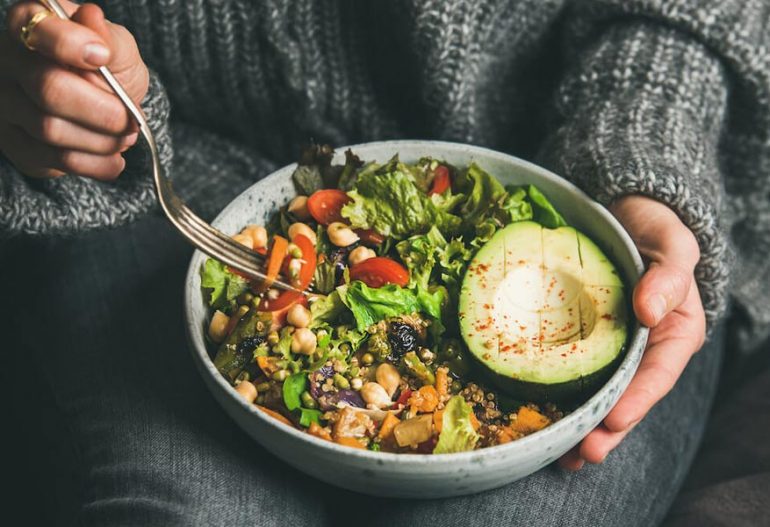
Flavourful Vegan Recipes Covering Everything From Burrito Bowls To Chocolate Mousse
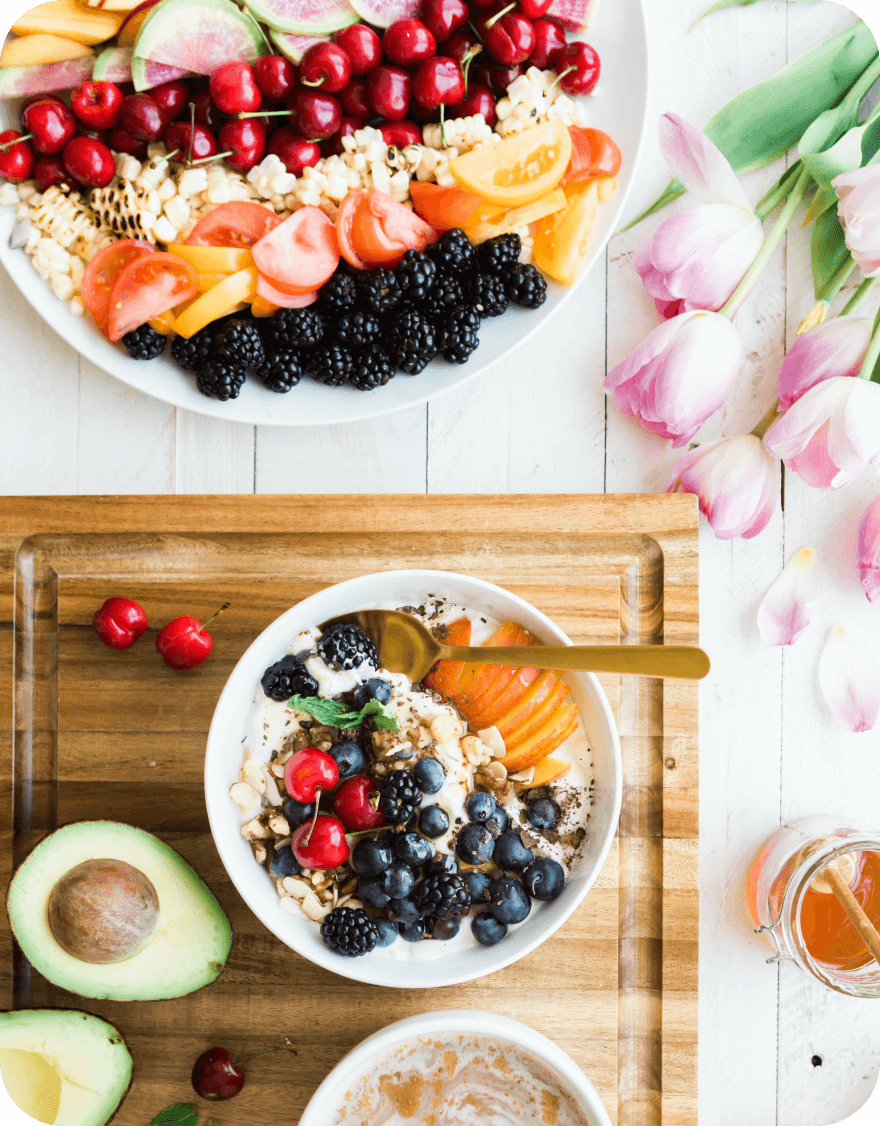
The keto diet is not just a diet it is a lifestyle change!

Pizza is Doubly Addictive with Two Morphine-Like Compounds in Every Crusty-Chewy Slice!
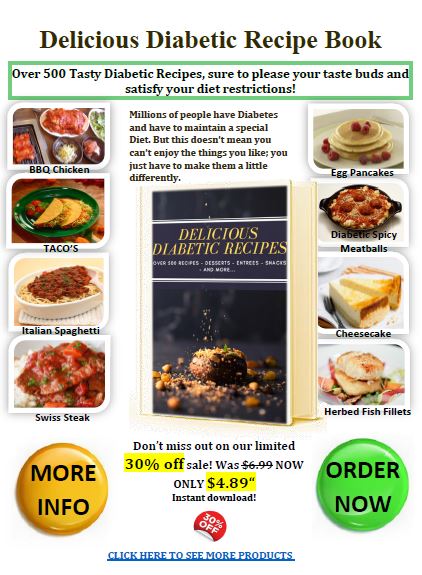
Delicious diabetic recipes- over 500 recipes-Desserts-Entrees-Snacks-and more.
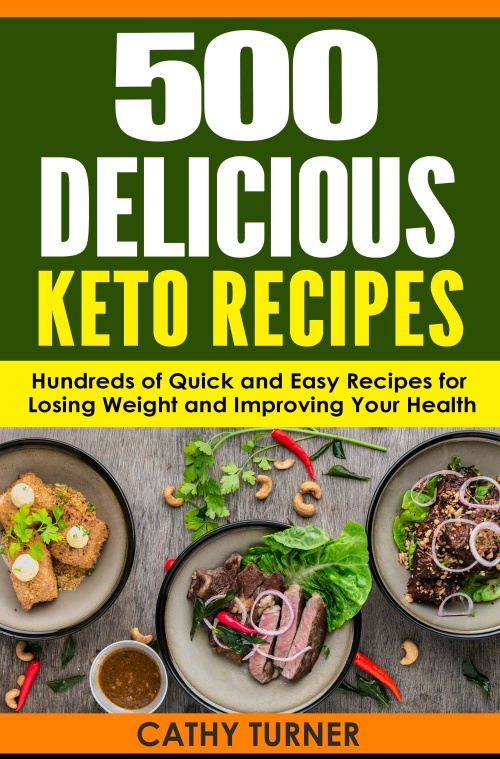
An amazing collection of easy and delicious keto recipes.
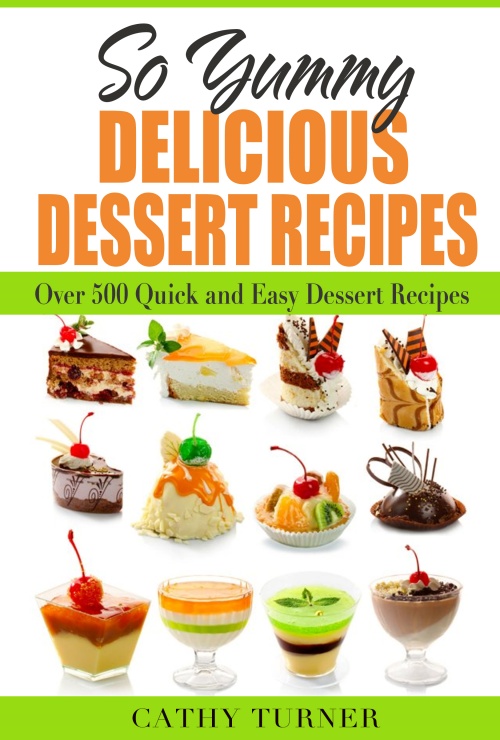
Homemade Desserts just got quicker easier and smarter.
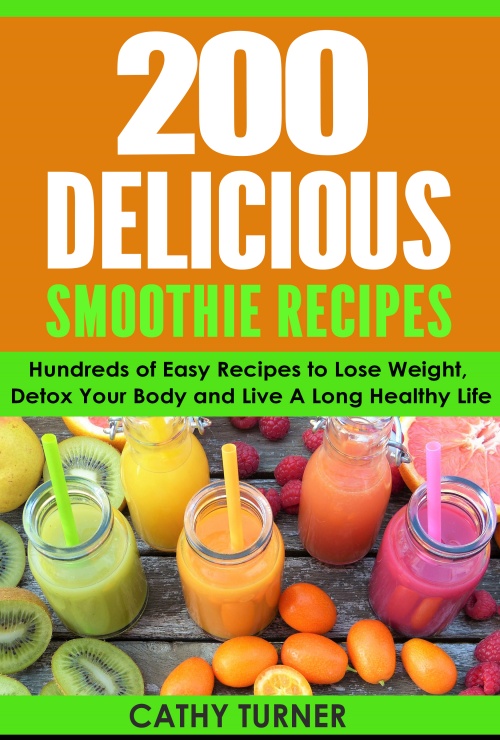
Boosting your health is easier than you think- smoothies make everything taste better.
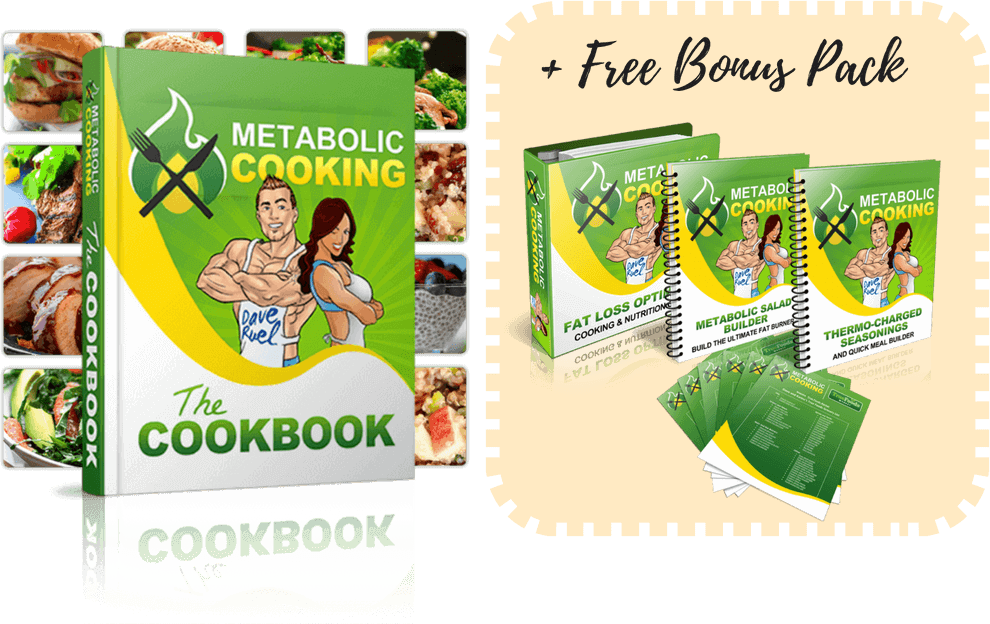

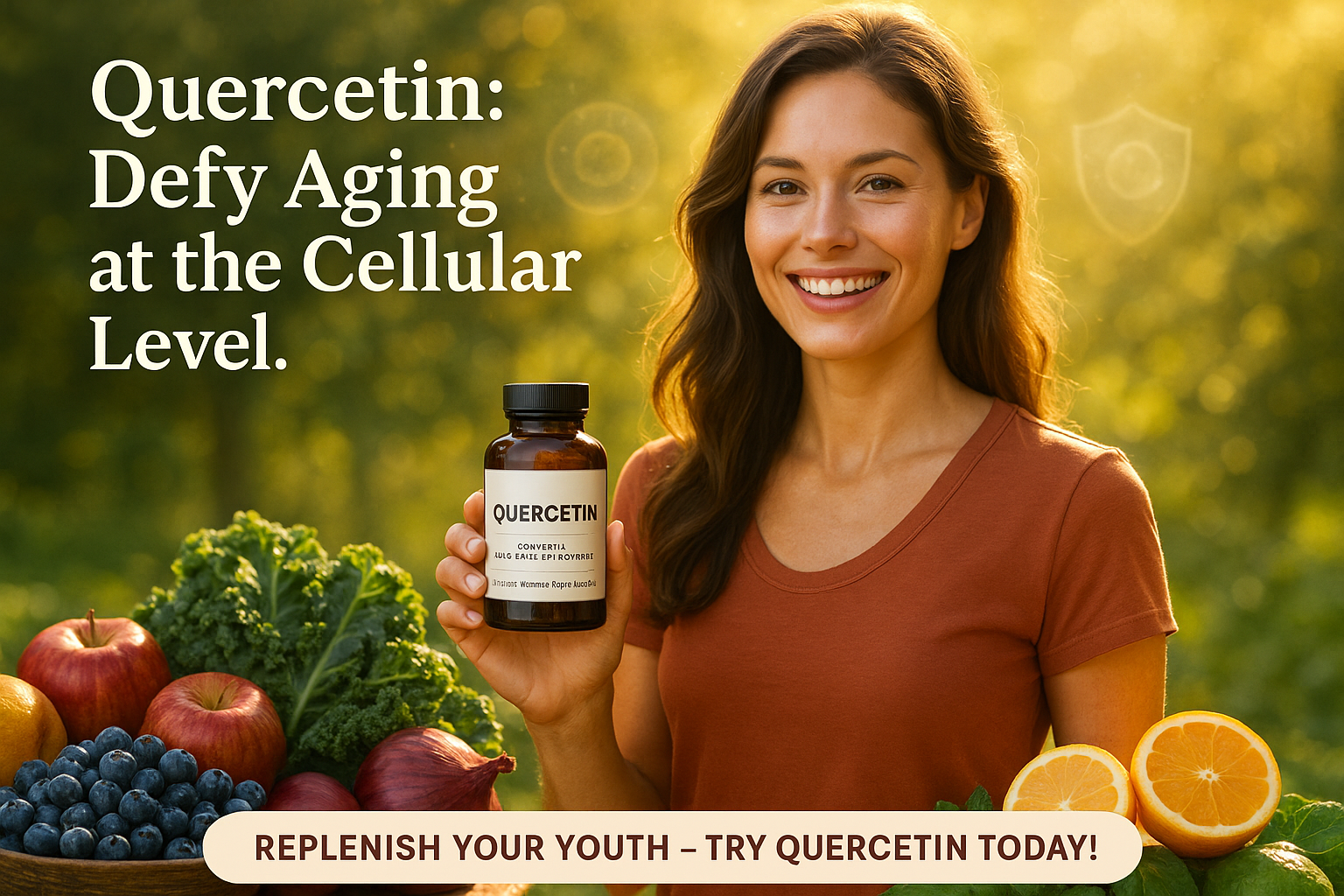
Comments
13 responses to “Quercetin for Anti-Aging: is this Nature’s Secret to Longevity?”
kamagra usa où acheter
achat kamagra aut rabais
online order enclomiphene cheap discount
order enclomiphene online cod
canadian pharmacy androxal madica
get androxal cheap now
how to buy flexeril cyclobenzaprine price from cvs
buy cheap flexeril cyclobenzaprine generic online cheapest
buy dutasteride buy online no prescription
buy cheap dutasteride generic a canada
get gabapentin purchase uk
gabapentin comprar
cheap fildena generic uk next day delivery
Order fildena online by fedex
cheap staxyn generic version
over the counter substitute for staxyn
how to order itraconazole uk london
how to buy itraconazole generic effectiveness
purchase avodart generic effectiveness
avodart England over the counter
online order rifaximin price uk
online order rifaximin purchase online canada
buying xifaxan uk london
purchase xifaxan canada over the counter
předpis kamagra bez
kamagra porovnat cenu cvs